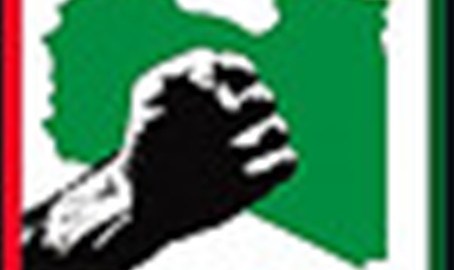A Victory for the Libyan people – and the UN

We live in the age of instant punditry, and I am as guilty of it as anyone else. On the basis of having reported from inside Libya three or four times from the early 1990s onwards, some UK media stations have had me on as a commentator. But what can I draw upon, other than some prior knowledge of the country and my own opinion of the now dying Gadaffi regime?
Still, it seemed to me important to take advantage of any opportunities that were offered, because Britain is an increasingly parochial country and much that is reported is through the prism of the UK Government or the military. At the moment, the welcome victory of the Libyan rebels is being heralded as a kind of vindication for ‘liberal interventionism’ of the kind much trumpeted by Messrs Clinton and Blair. Similarly siren voices are also drawing premature parallels between the chaos of post war Iraq and what is unfolding on the streets of Libya now. It seems to me that Iraq and Libya are very different countries, and what is happening in Libya is a popular revolt rather than a foreign military occupation.
In any event, this is all very well, except that it is patently obvious that Gadaffi and his clan would still be in power had not much of Libya risen in revolt. It is also quite possible that the revolt which began in the east of the country – as have previous rebellions – may have been crushed – without the leadership of Ban ki-moon, the United Nations and the UN Security Council. Lest it be forgotten, it was the Secretary General of the United Nations who played a pivotal role in helping to ensure that the Security Council adopted Resolution 1973, allowing military action to be taken to defend civilians, primarily in Benghazi, from Gadaffi inspired attacks. While it is to the credit of Britain and France, and to the discredit of the Arab League, that military action was taken to do just that, British and French action in the days since have often given the impression of superseding the UN mandate. For the UN Security Council did not opt for regime change; that clearly is a matter for the Libyan people. Instead it invoked Responsibility to Protect, a vital doctrine, and one that should not be mistaken for ‘liberal interventionism’.
There is another reason why ‘liberal interventionism’ can be seen in some quarters as lazy commentary. That it became associated with the disastrous intervention in Libya, there can be little doubt. And in other quarters ‘liberal interventionism’ is interchangeable with ‘neo imperialism’. Which is why the UN’s time honoured role as independent peace broker is infinitely preferable to anything else?
There are lessons to be learned once the proverbial dust settles and lessons that will not take away from the righteous celebrations now taking place across Libya. They might include an acceptance by individual members of the UN Security Council that any mandate to enforce Responsibility to Protect should include a clause that gives the UN overall command of any military operation undertaken in its name. In the case of Libya, that was ceded to NATO, and by NATO to Britain and France. Right now, China is calling for the UN to take responsibility for helping to maintain the peace in post revolutionary Libya, and the blue helmets are the obvious choice should the new Libyan Government request them.





